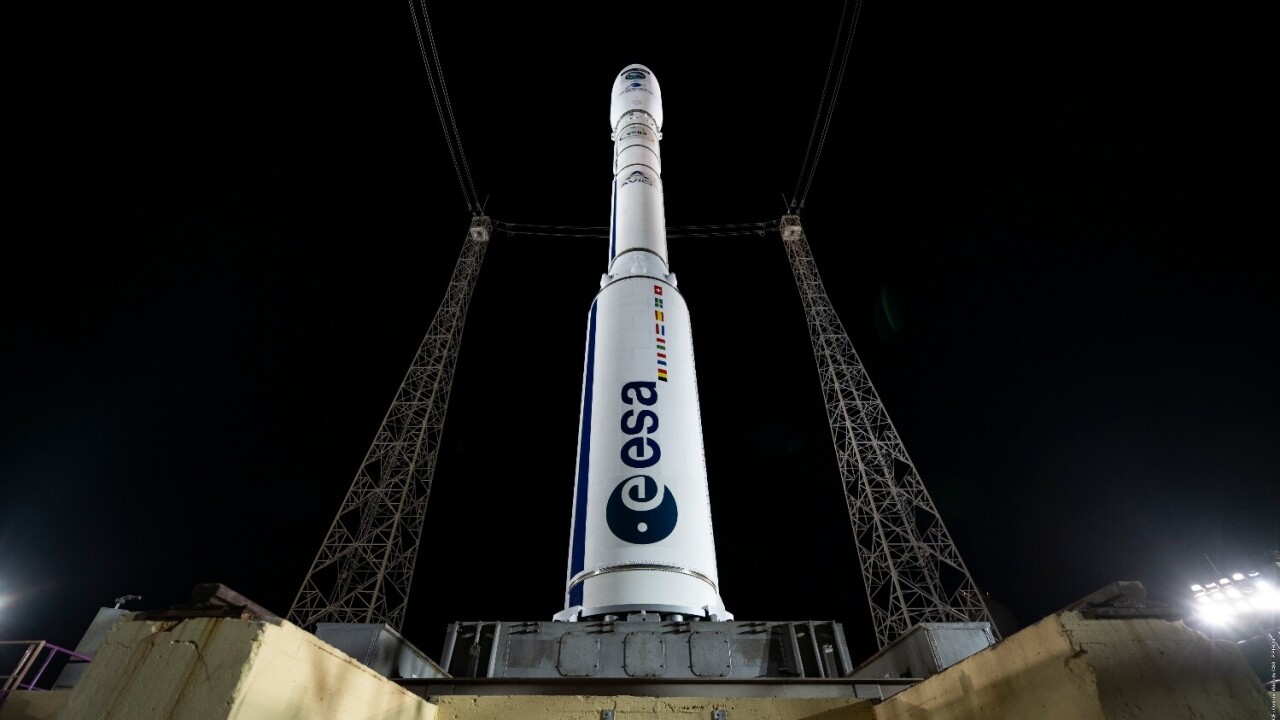
Europe’s first-generation Vega rocket has blasted a payload into space for the last time.
Vega lifted off from Europe’s Spaceport in Kourou, French Guiana in the early hours of this morning. It was carrying Sentinel-2C, an Earth observation platform that will now join Europe’s fleet of Copernicus satellites.
LIFTOFF of #Sentinel2 C on the last Vega rocket from @EuropeSpacePort in Kourou, French Guiana on 5 September 2024! pic.twitter.com/QzAZPkqBTr
— European Space Agency (@esa) September 5, 2024
The European Space Agency (ESA) called the launch a “fitting” farewell for a rocket that was primarily responsible for deploying small Earth observation satellites in Polar orbit.
Built by Italian space firm Avio, Vega was 30 meters tall, weighed 137 tonnes, and used three solid-propellant stages with a fourth liquid-propellant stage.
One of the rocket’s most important missions took place in 2020, when it used a demo payload dispenser to deploy 53 satellites into orbit on one single flight as part of the Small Spacecraft Mission Service proof of concept flight.
In 2015, Vega conducted a reentry demonstrator that showed Europe has the technology to launch a vehicle to space and return it safely to Earth. This mission was a precursor to Space Rider, a reusable robotic laboratory spacecraft set to launch next year.
Now, after 12 years of service and 20 flights, Avio is replacing Vega with its big brother — Vega-C. This rocket promises larger payload capacity at a lower cost but is currently grounded after it blew-up during its second-ever launch in 2022. Vega-C is scheduled to resume operations in November.
Competing with SpaceX
Vega’s decommissioning is a bittersweet moment for Europe’s space sector. While the launcher enabled independent access to space for some key European missions, it never really achieved commercial success.
It’s a problem that haunts Vega-C and Europe’s latest heavy-lift rocket, Ariane 6. That launcher only took off a month ago after four years of delays. These setbacks forced Europe to contract launch missions to Elon Musk’s SpaceX.
SpaceX’s Falcon 9 is the world’s first orbital class reusable rocket. Reusability allows the firm to refly the most expensive parts of the rocket, which in turn drives down the cost of space access.
Neither Vega-C and Ariane 6 are reusable. Amid growing competition they may struggle to find their niche.
Get the TNW newsletter
Get the most important tech news in your inbox each week.





